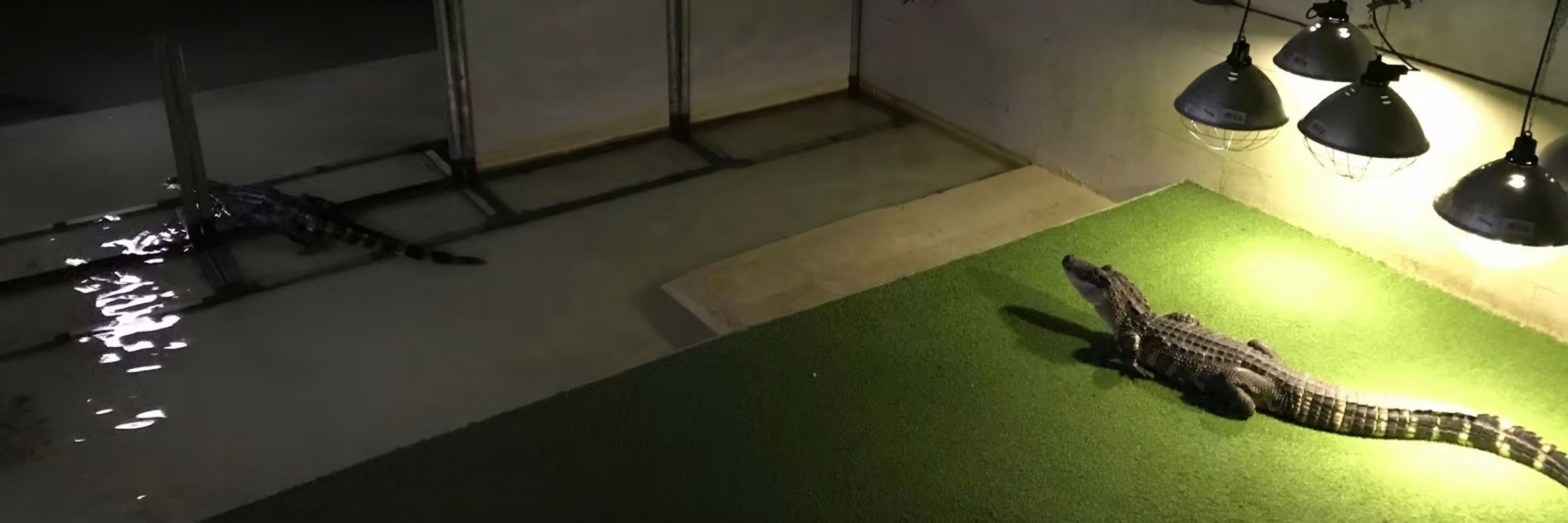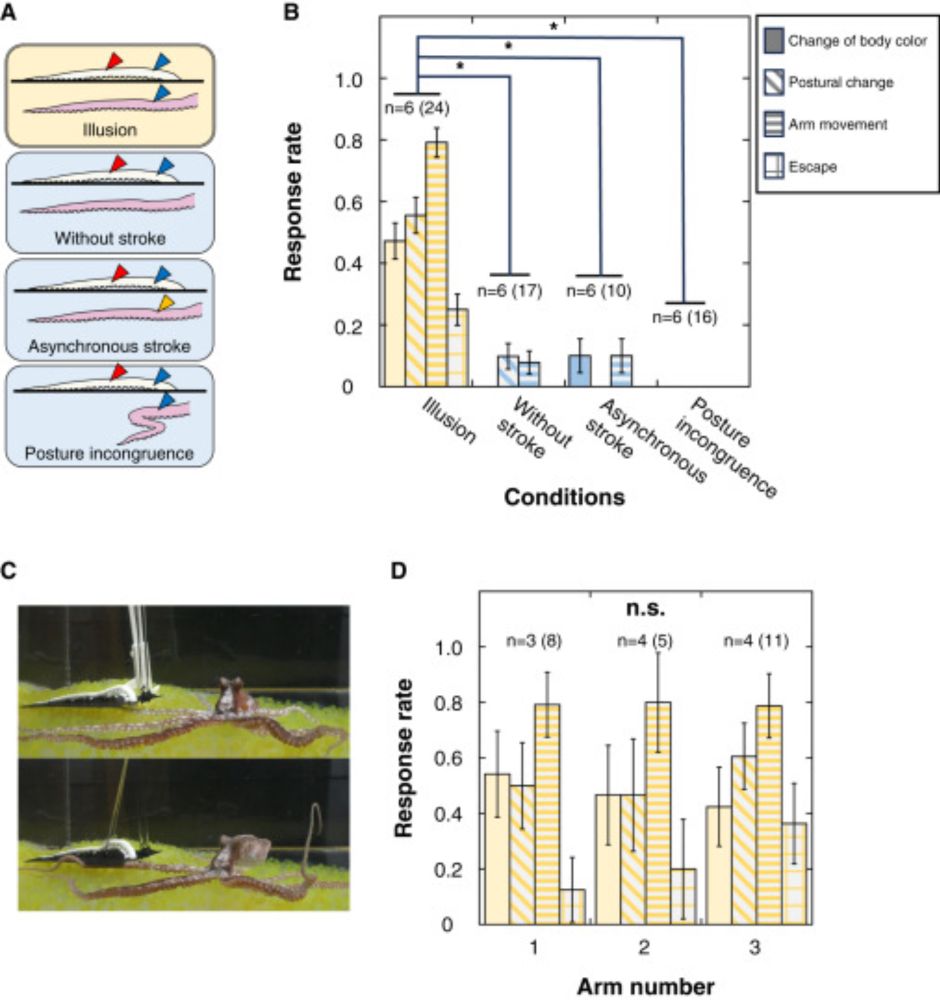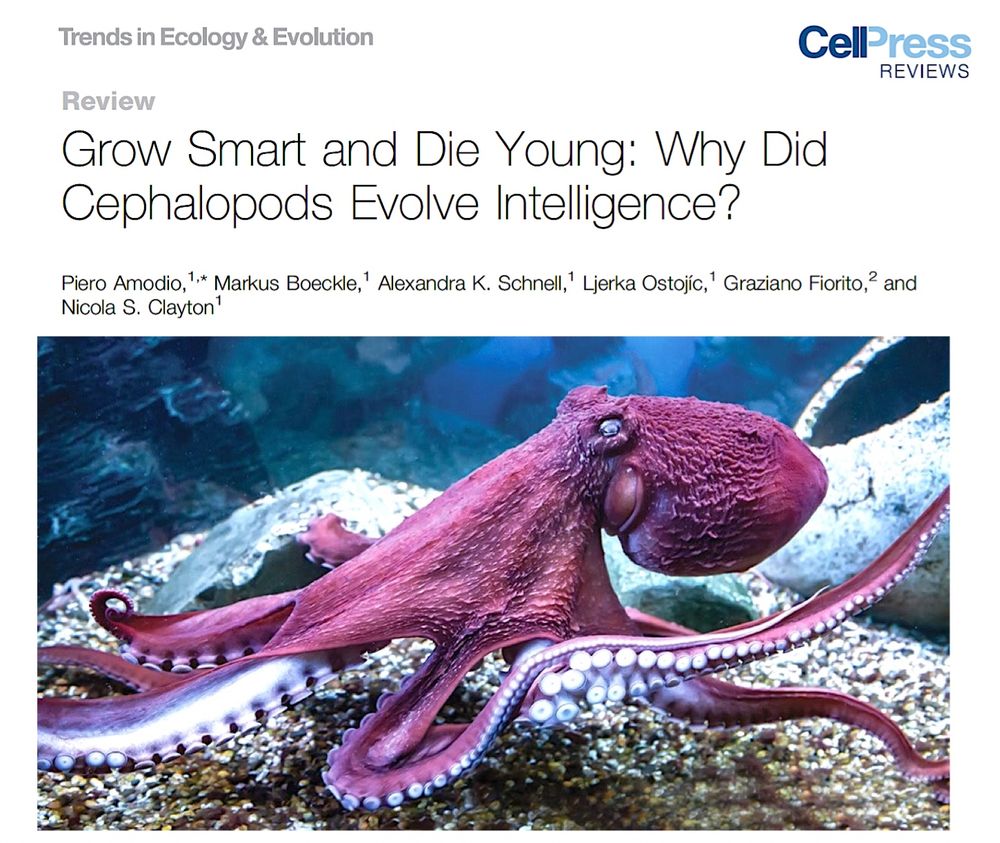


braininspired.co/complexity-g...
braininspired.co/complexity-g...


We argue against a recent claim that animals cannot make mental simulations because they supposedly do not reliably memorize sequences. The evidence for model-based animal cognition is too overwhelming. 🧪
authors.elsevier.com/a/1lKMt_V1r-...
We argue against a recent claim that animals cannot make mental simulations because they supposedly do not reliably memorize sequences. The evidence for model-based animal cognition is too overwhelming. 🧪
authors.elsevier.com/a/1lKMt_V1r-...
New paper by ENES Bioacoustics Research Lab & Co 👇
@biologists.bsky.social @biologyopen.bsky.social
journals.biologists.com/bio/article/...
#bioacoustics
#decisionmaking
#sound
#vibration

New paper by ENES Bioacoustics Research Lab & Co 👇
@biologists.bsky.social @biologyopen.bsky.social
journals.biologists.com/bio/article/...
#bioacoustics
#decisionmaking
#sound
#vibration



Our Edinburgh student Milly Mead, in her first paper, looks into oviraptorosaurs. Arm shortening and finger loss were decoupled!
@funstonpaleo.bsky.social & I are proud supervisors!
royalsocietypublishing.org/doi/10.1098/...

Our Edinburgh student Milly Mead, in her first paper, looks into oviraptorosaurs. Arm shortening and finger loss were decoupled!
@funstonpaleo.bsky.social & I are proud supervisors!
royalsocietypublishing.org/doi/10.1098/...

